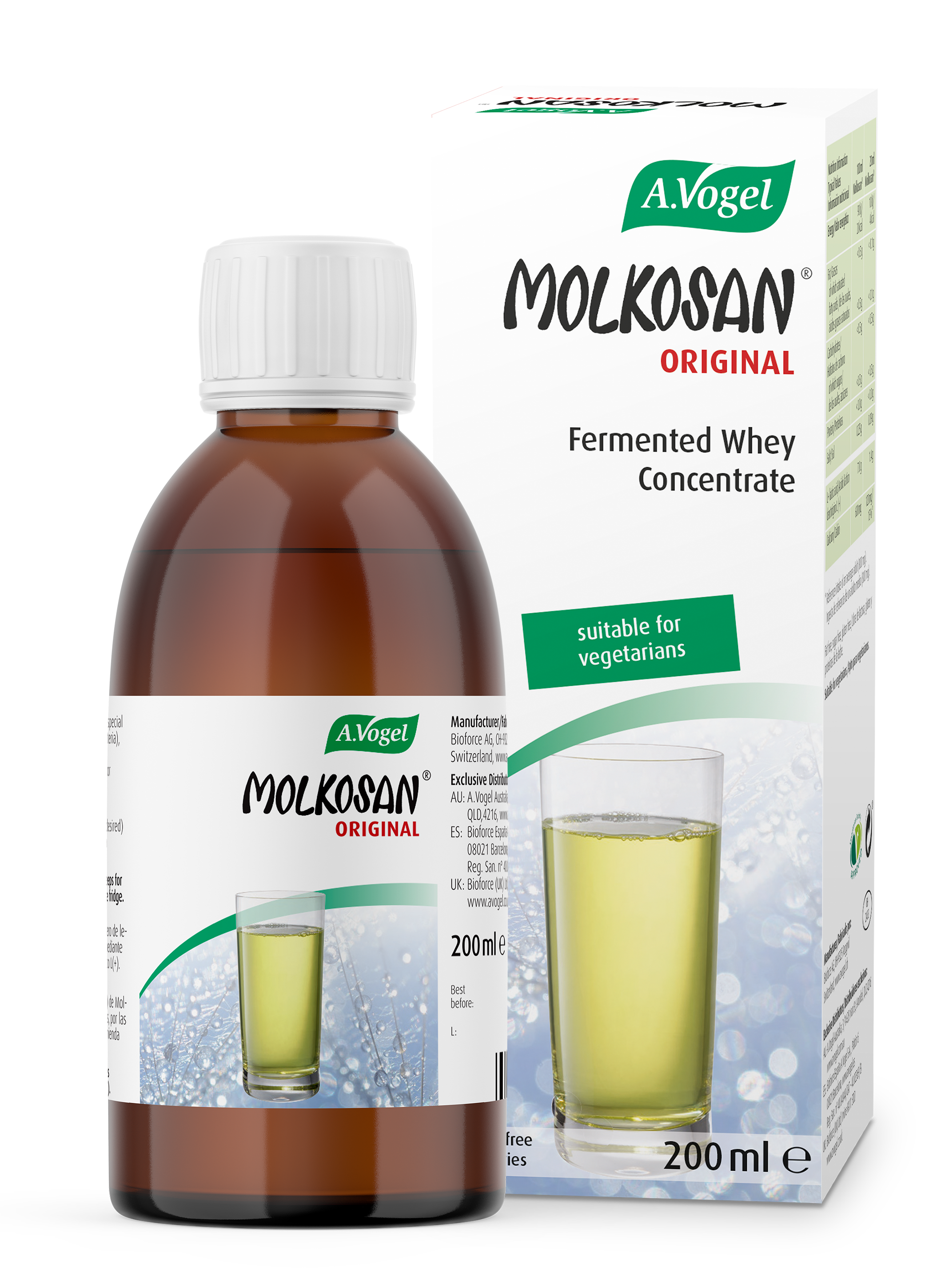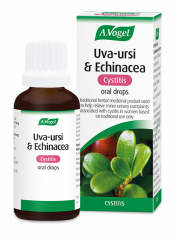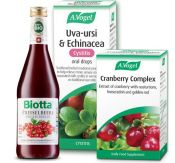Can probiotics prevent cystitis?
We know that there are lots of friendly bacteria living in the gut, but did you know that our more intimate areas need a healthy number of friendly bacteria too? In fact, cystitis often occurs when pathogens find their way into the urinary tract or the vagina.
Probiotics have been suggested as a natural alternative to antibiotics because they encourage more friendly bacteria to grow, which can prevent pathogens from colonising in the urinary tract and causing issues like cystitis. Antibiotics, on the other hand, wipe out both friendly and unfriendly bacteria, after which the unfriendly ones tend to recolonise more easily.
Why choose a natural option over antibiotics?
First, let’s talk antibiotics. Of course, antibiotics are important and are used widely in conventional medicine to fight infection and resolve issues like cystitis. However, it might not be the best option for everyone, especially those who suffer from infections regularly.
While treatment with antibiotics is effective, resistance rates are on the rise which means they should be used sparingly and only when necessary. One study found that, after one month, 90% of the women taking antibiotics for cystitis had developed resistance.1
The over-use of antibiotics means that bacteria have adapted and are more able to resist the effect of antibiotics. This is why it’s important not to use antibiotics unless truly necessary – otherwise, they might stop working for serious infections.
What’s more, taking antibiotics regularly can have a knock-on effect on your gut microflora,2 as they can’t tell the difference between bad and good bacteria. Therefore, while antibiotics work well at killing the pathogens that cause conditions like cystitis, they can also disrupt the delicate balance of bacteria in your gut by destroying the friendly bacteria at the same time.
Probiotics are thought to be a good, natural solution here, as they can help to prevent cystitis from occurring in the first place and, thus, remove the need for antibiotics.
How do probiotics help cystitis?
But, how do probiotics help with cystitis? Well, as I’ve mentioned above, we have lots of friendly bacteria living in the urogenital tract (the bladder, vagina and urinary tract). The more friendly bacteria we have living here, the less room there is for unfriendly bacteria to multiply.
So, it stands to reason that taking the right probiotics will help to up our numbers of friendly bacteria, so that they win out over pathogens that could be lurking in these intimate areas. There is evidence that probiotics can be used in this way to prevent conditions like cystitis, as well as other intimate health issues like thrush or bacterial vaginosis.3
Research has found that certain strains of probiotics can be taken orally and survive through the digestive tract until they reach the vagina and bladder. Rather than destroying all bacteria in their path, when these probiotics reach the urogenital tract, they simply do their job and multiply! So, there is less room for bad bacteria to grow and cause trouble, and fewer chances of throwing off the delicate balance of microflora, like antibiotics might.
Which probiotics are best for cystitis?
A great deal of research has been done on probiotics for intimate issues like cystitis – the most commonly researched are:
- Lactobacillus rhamnosus GR-1
- L. reuteri RC-14.
Both of these strains have featured in many clinical trials focussing on women with cystitis. One clinical trial involved 252 women who experienced recurrent UTIs. Over the course of 12 months, these women took a combination of the above probiotics – these were found to be equally as effective as antibiotic treatment for cystitis, without the potential side effects.1
Probiotics can also be used to replenish good bacteria that have been wiped out by antibiotics, as there is a chance that any remaining pathogens will multiply again once you've finished your course of antibiotics, causing another bout of cystitis. There are specific strains for this, such as Optibac's For Those on Antibiotics.
Another team of researchers reviewed multiple studies on these strains of probiotics and found that, in comparison to other probiotics, these were the two most effective when it came to preventing cystitis.4
If you're looking for a good-quality probiotic to prevent cystitis, I would recommend Optibac's For Women. This contains both Lactobacillus rhamnosus GR-1 and L. reuteri RC-14 strains and is formulated to survive and multiply in the urogenital tract, ideal for fending off recurring bouts of cystitis.
| My Top Tip: To give probiotics a helping hand through the gut, you might want to consider a prebiotic. Molkosan is rich in L+ lactic acid to create an environment in which friendly bacteria can thrive. |
More natural ways to prevent cystitis
Simple lifestyle changes can be adopted to keep cystitis at bay:
- Drink plenty of water – this will dilute urine and help to flush out pathogens lurking in the urinary tract. Ensure it's still, not sparkling, and measure it to check you're taking as much as you think you are!
- Reduce refined sugar intake – excess sugar can feed bad bacteria and encourage them to grow. If taking cranberry juice, check it's not full of refined sugar!
- It's OK to eat fruit – vitamin C is good for your urinary tract.
- Avoid drinking heaps of tea and coffee – this can throw out the pH of your bladder which may not be helpful when prone to inflammation and cystitis.
- Try to tackle stress – this weakens the digestive response and makes it easier for unfriendly bacteria to multiply in the gut, making it harder for the immune system to counter budding infections!
- Wipe front to back after using the loo – this will help to avoid bacteria spreading into the vagina.
- Pee after sex – this will prevent the spread of contaminants irritating the urogenital tract.
1 https://www.ncbi.nlm.nih.gov/pubmed/22782199
2 https://www.ncbi.nlm.nih.gov/pmc/articles/PMC5725362/
3 https://www.ncbi.nlm.nih.gov/pubmed/16697231
4 https://www.ncbi.nlm.nih.gov/pubmed/16827601










